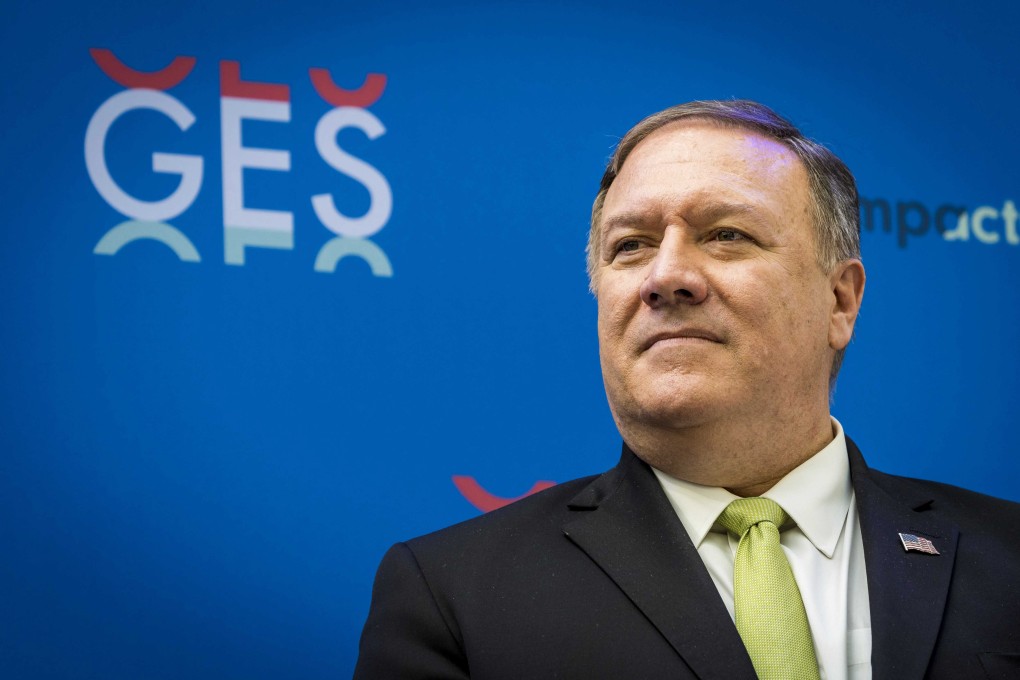China hits back at ‘arrogant’ Mike Pompeo after US Secretary of State attacks at human rights record on Tiananmen anniversary
- Pompeo’s criticisms of ‘dark chapter in history’ echoed by European diplomats who urge Beijing to allow its citizens to mark the occasion
- China’s embassy in Washington claims human rights are in ‘best period ever’ after secretary of state’s attacks Beijing’s record to mark June 4 crackdown

China has accused US Secretary of State Mike Pompeo of “prejudice and arrogance” after he issued a vehement condemnation of China’s human rights record on the 30th anniversary of the bloody crackdown on protesters calling for democracy.
“We urge the Chinese government to make a full public accounting of those killed or missing to give comfort to the many victims of this dark chapter of history,” Pompeo said in a statement issued at 12.01am Beijing time, almost 30 years to the hour after tanks rolled through the capital’s centre to clear protesters gathered in Tiananmen Square.
Since the crackdown – the death toll of which remains unknown but is estimated to be in the hundreds, possibly more than 1,000 – the US had “hoped that China’s integration into the international system would lead to a more open, tolerant society”, Pompeo said.
“Those hopes have been dashed,” Pompeo, currently on a tour of Europe, continued. “China’s one-party state tolerates no dissent and abuses human rights whenever it serves its interests.”
Pompeo went on to insist that Beijing “release all those held for seeking to exercise these rights and freedoms, halt the use of arbitrary detention, and reverse counterproductive policies that conflate terrorism with religious and political expression.”
The China embassy in Washington expressed “strong dissatisfaction and firm opposition” to Pompeo’s statement, saying that it was made “out of prejudice and arrogance” and was an interference in China’s internal affairs.
